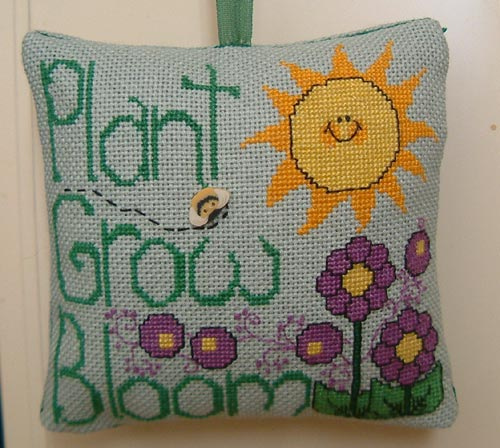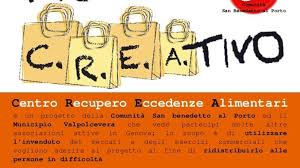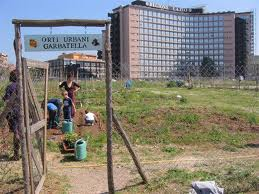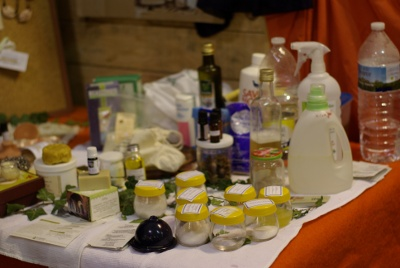Lifestyle 2.0
The economic crisis that we are experiencing in Europe has brought to the forefront numerous issues, particularly with regard to standards of living or present attitudes towards the environment, food waste, poverty, culture, etc. Many people are coming to realise that some of our most “common” practices are in fact unsustainable and damaging to local environments, in all contexts (social, ecological, economic, etc.).
En savoir plus
As a result, communities across Europe are taking the initiative and undergoing - major and minor – lifestyle changes, whereby new, more sustainable approaches to everyday living are replacing processes that are harming society. Throughout the continent, local movements are emerging in what could be described as a case of “out with the old, and in with the new!”
In this particular section, we can see a diversity of ways in which civil society, with or without the aid of public authorities, is working to create once more a lifestyle that fosters environments that are healthy, community-oriented, participative, diverse, and much more besides.
Below are listed the different examples of ACTIONS (in orange) and POLICIES (in green) that work towards building a Lifestyle 2.0.
 Picture by Io83
Picture by Io83
Reimagining public spaces
Going back to the local
Alternative social economies
Do / Grow it yourself
Consuming less, sharing more
ALL examples of actions and policies
- Please note: ACTIONS (in orange) and POLICIES (in green)
Auteur : alessandra sciurba -
Publié le : 2013-04-16 08:42 -

|
The project C.R.E.A. (Surplus Food Recovery Centre) aims to collect surplus food (i.e. goods that cannot be sold but that are still consumable), both fresh and packaged, from the small, medium and large retailers, for their redistribution to people living in conditions of poverty and social exclusion.
The main actors involved in its organisation are people who live in the Community of St. Benedetto al Porto, who through this work implement their emancipation and autonomy.
The project is partly implemented and partly remains to be implemented.
|
Auteur : alessandra sciurba -
Publié le : 2013-04-03 07:42 -

|
In September 2010, some workers of the corporation Eutelia Information Technology in Rome, after having been made redundant as a result of the crisis that hit the company, decided to create an urban garden community cultivating 3000 square meters of land owned by the Province of Rome, for consuming and selling agricultural products, thus continuing to work together and maintaining the visibility of their dispute for the workplace.
|
Auteur : alessandra sciurba -
Publié le : 2013-04-03 07:08 -

|
In the last year in the city of Rome, different experiences of urban gardens have arisen as a form of opposition to unemployment and increasing poverty but also to overbuilding, cementation, and privatization of public territory. Here below are two of the main initiatives.
Some associations and social centers of the district of Garbatella in Rome, with the participation of many citizens, decided to occupy an abandoned area in order to create a common garden.
|
Auteur : Joël Obrecht -
Publié le : 2013-03-08 00:10 -

|
How to be environmentally responsible and to save money in your consumer habits. Since 2008 ADEVICO, a French NGO, is providing an answer to this question by conducting workshops in which participants learn to make their own cheap and environmentally-friendly products.
|
Challenges
Aucun article.
Contribute an action to the theme
Contribute a Challenge to this theme
Click here to contribute a challenge
Picture by Io83


